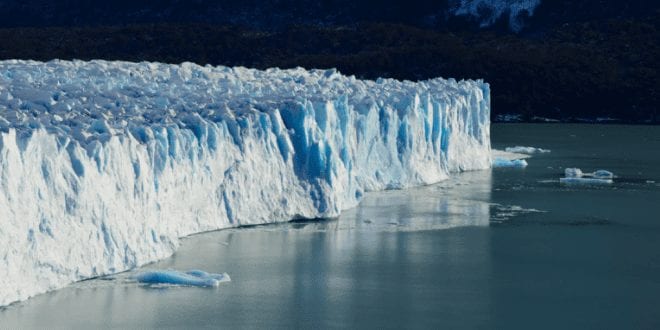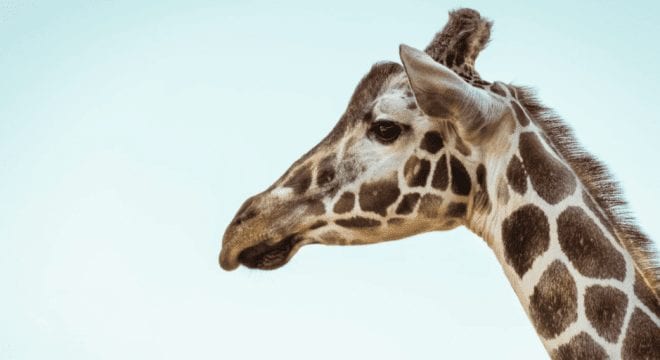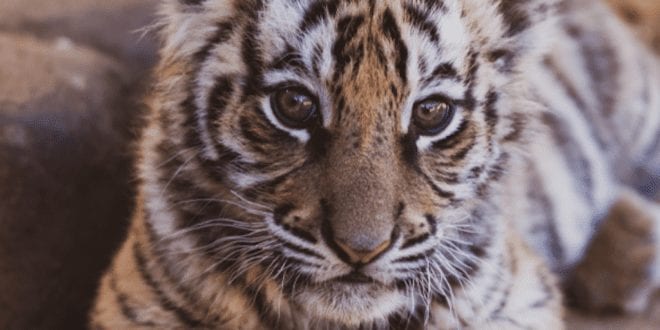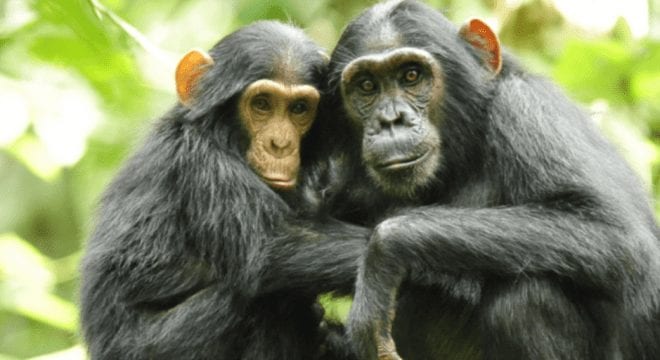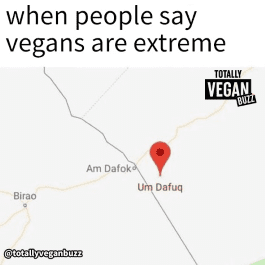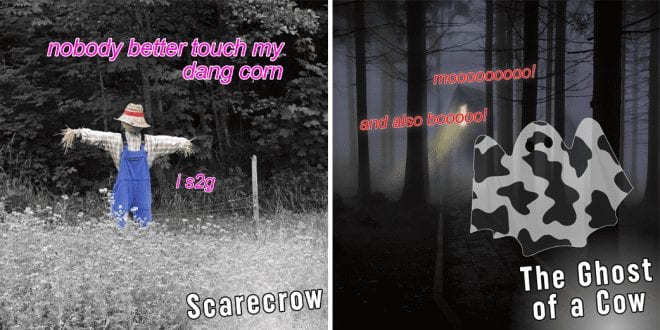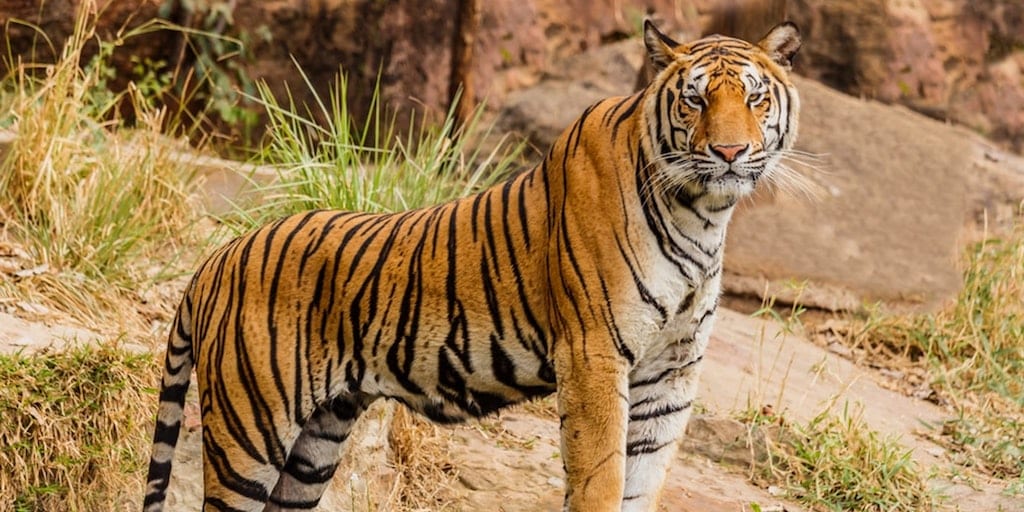
‘An average decline of 68% in the past 50 years is catastrophic, and clear evidence of the damage human activity is doing to the natural world’
The wildlife population of mammals, birds, fish, amphibians, and reptiles has plunged by a staggering 68 percent between 1970 and 2016, reveals World Wide Fund For Nature’s (WWF) Living Planet Report 2020.
This biennial report prepared in collaboration with the Zoological Society of London (ZSL) assessed the data from 4,392 species and 20,811 populations of mammals, birds, amphibians, reptiles, and fish between 1970 and 2016.
‘Humanity exploitation’
According to the report, Latin America and the Caribbean recorded a whopping 94% drop in vertebrate wildlife populations, while the mammal, bird, fish, amphibian and reptile population in Africa and Asia Pacific dropped 65% and 45% respectively. In Europe and central Asia, the population fell 24%, while it dropped 33% on average in North America.
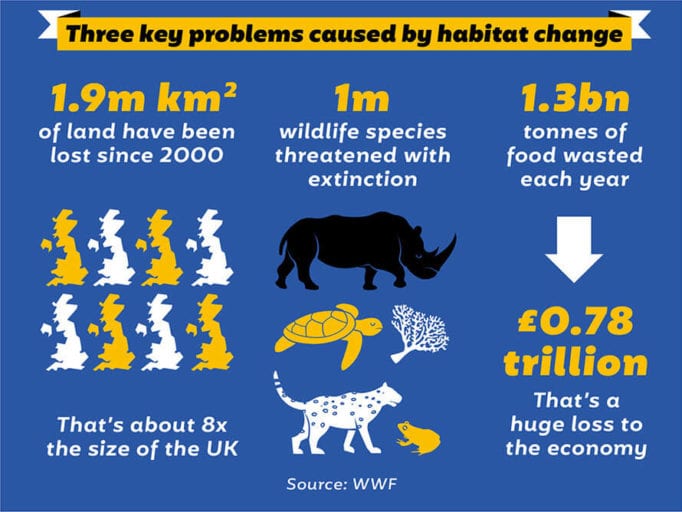
In each of these regions, the main cause of the drops, according to the report is the way humanity has exploited the natural world ‘by an explosion in global trade, consumption, human population growth, and urbanization’ in the last 5 decades.

The report pointed out that the overconsumption of Earth’s natural resources to feed humans has razed one-third of all land for food.
In addition, climate change is also driving biodiversity loss and the steep decline of wildlife numbers. The report explained that while “globally, climate change has not been the most important driver of the loss of biodiversity to date, yet in coming decades it is projected to become as, or more, important than the other drivers.”
‘Warning signs of systems failure’
The WWF International director general, Marco Lambertini said that “The Living Planet Report 2020 underlines how humanity’s increasing destruction of nature is having catastrophic impacts not only on wildlife populations but also on human health and all aspects of our lives.
“The way we produce and consume food and energy, and the blatant disregard for the environment entrenched in our current economic model, has pushed the natural world to its limits.”
he added: “We can’t ignore the evidence—these serious declines in wildlife species populations are an indicator that nature is unraveling and that our planet is flashing red warning signs of systems failure.
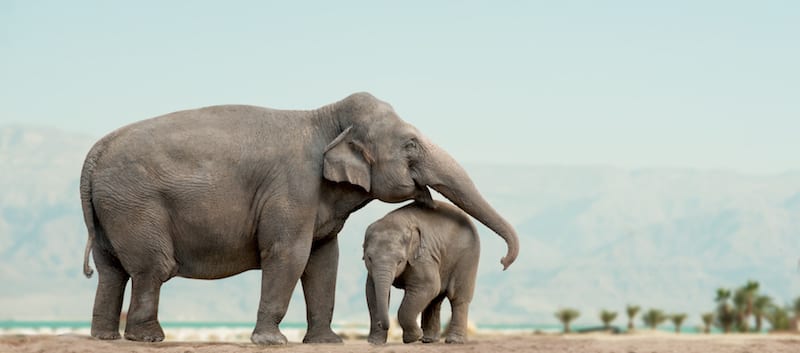
“From the fish in our oceans and rivers to bees which play a crucial role in our agricultural production, the decline of wildlife affects directly nutrition, food security, and the livelihoods of billions of people.”
‘Need to act now’
Stressing for “a deep cultural and systemic shift” in the report’s foreword, Lambertini said we could still heal our broken relationship with the world and “bend the curve” of degradation over time.
According to study lead David Leclere, “We need to act now,” in reducing food waste and shifting toward a more environmentally-friendly diet if we want to arrest further biodiversity losses.
‘Can be brought back from the brink’
Dr Andrew Terry, ZSL’s Director of Conservation said: “The Living Planet Index is one of the most comprehensive measures of global biodiversity,”
He added, “An average decline of 68% in the past 50 years is catastrophic, and clear evidence of the damage human activity is doing to the natural world.
“If nothing changes, populations will undoubtedly continue to fall, driving wildlife to extinction and threatening the integrity of the ecosystems on which we all depend.
“But we also know that conservation works and species can be brought back from the brink. With commitment, investment and expertise, these trends can be reversed.”
Share this story to let others know about the findings of the Living Planet Report 2020.
About The Author
Lifestyle
Vegan culture, food, beauty & more
Is Tobey Maguire vegan? Here’s what we know
- Mohsina Dodhiya
- 17th August 2023
Tobey Maguire often speaks about veganism and animal issues. Tobey Maguire, the actor best known for playing Spider-Man in the Sam Raimi trilogy, is a vegan. He has been a vegetarian since 1992 and became a vegan in 2009. A lifelong commitment to animal rights Maguire’s decision to go vegan was motivated by his love …
Continue reading “Is Tobey Maguire vegan? Here’s what we know”
Plant-based food jobs surge with 32% growth in just 3 months
- Mohsina Dodhiya
- 17th August 2023
The number of open jobs advertised in the plant-based industry increased by almost a third from April to July 2023, GlobalData reported. The plant-based food industry is booming, and this is reflected in the number of job openings in the sector. According to data from GlobalData, the number of open jobs advertised in the plant-based …
Continue reading “Plant-based food jobs surge with 32% growth in just 3 months”
VEGAN MEMES
NEED A LAUGH?
QUIZZES
All the quizzes you love to binge!
QUIZ: If you score 11/12 on this quiz, you’re a verified vegan food expert
- Marlon Farrugia
- 10th January 2020
How much vegan knowledge do you have stored away? Do you have to Google your way through a shopping trip, or do you have all the bad E-numbers memorised? Find out now with this quiz.
QUIZ: What is your perfect Vegan Halloween Costume?
- Marlon Farrugia
- 13th October 2019
Spook Season approaches. There will be ghosts, goblins, ghouls, and glucose. You need a costume, and you want to it to show off your personality, which means VEGAN. But what to choose? Take our quiz to find out your perfect outfit.
QUIZ: What kind of vegetable are you?
- Marlon Farrugia
- 26th September 2019
“If you were a vegetable, what kind would you be?” A question that has tormented humanity throughout the ages – until now. Read: QUIZ: If you score 19/20 on THIS quiz, you’re a Vegan God

